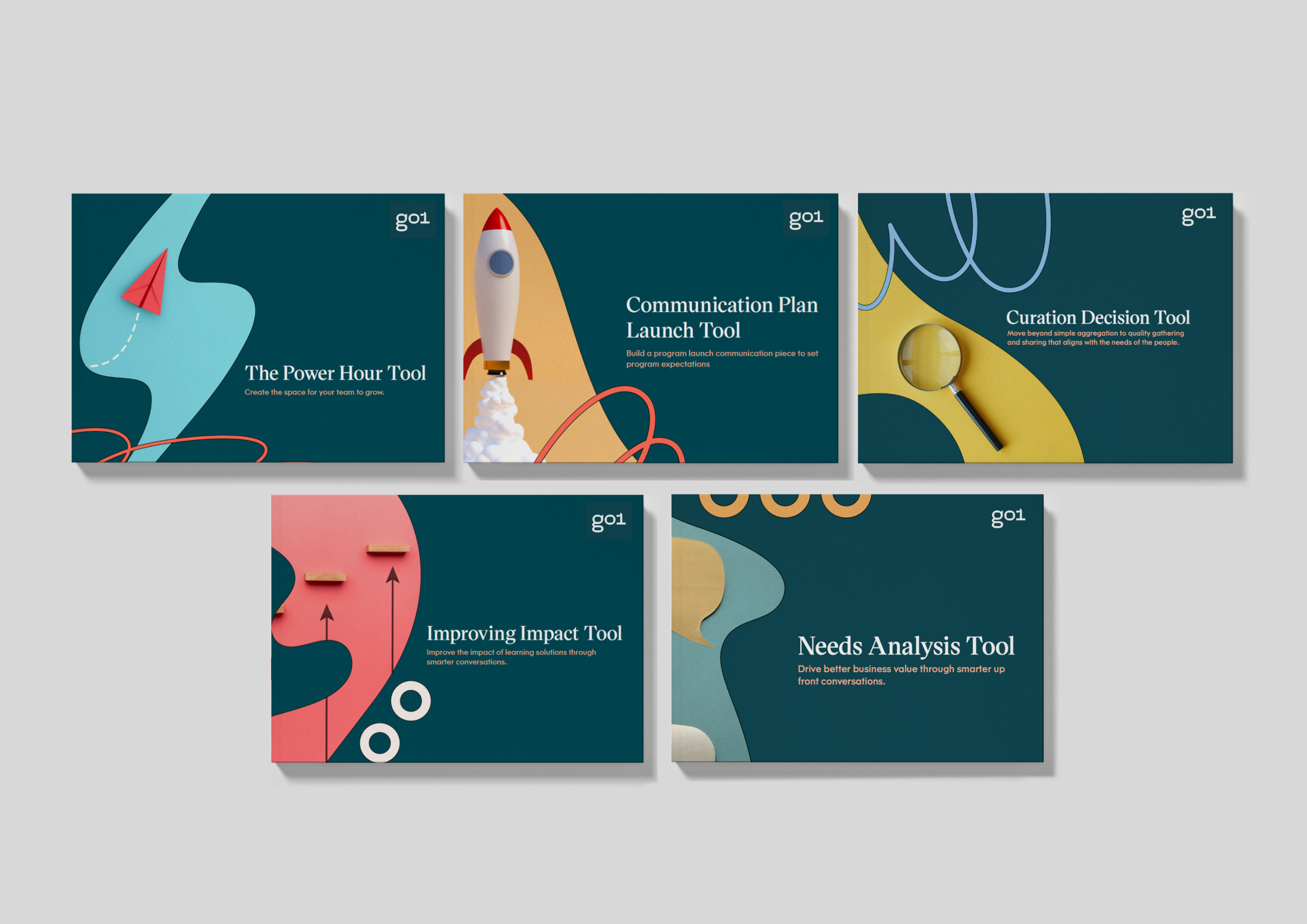
The importance of preparing your brain for learning

The relationship between learning and memory is incredibly close and intertwined. It is almost impossible for an individual to truly learn something without also having the memory to retain what they have learned.
In episode 22 of the Learning with Go1 podcast, we are joined by Learning Scientist Lauren Waldman and Cognitive Neuroscientist Dr Elliott Jardin to talk about learning and memory, the operational function of our brains, and how understanding humans in the workplace can translate into more effective learning design.
Check out some of our favourite highlights below.
The complicated relationship between stress and memory
When it comes to memory, there are plenty of studies that show us that stress is not a bad thing when it comes to learning memory encoding. It's the level and how much we can take however that has become a hot topic, especially as we find ourselves adjusting to this new world of work.
So, how much stress is good, and how much stress is bad? And, is there a particular threshold that people pass where it starts to become detrimental to their ability to memorise, learn and retain information? Dr Jardin dives deeper into this below.
The importance of learning about our brains
So how does knowing about our brains help us as learning professionals - and everyday humans for that matter?
Having a baseline understanding of our own cognitive resources allows us to not only be more aware and understanding of the limitations of those around us but enables us to help to protect them as well.
For those who are responsible for designing learning, it gives a higher awareness of what can be done in the design itself to make it more operationally functional for the people who are on the other side of the screen or sitting at the other side of the desk, as Lauren explains below.
The value of sleep when it comes to learning
One of the biggest preparations for your brain to learn is giving your brain adequate rest.
Research suggests that the quantity and quality of sleep have a profound impact on learning and memory. So whether it's connecting different ideas or different types of motor learning, the importance of sleep really can't be overstated, as Dr Jardin explains below.
When you learn something new, the best way to remember it is to sleep on it.
Mindfulness as a tool for the brain
In our daily lives, we're constantly bombarded by stimuli all around us. These are noises, colours, scents and much much more. With everything around us, there is only so much we can pay attention to at any one time. We need to be strategic about what we focus our cognitive energy on so that we can prime our brains to be in the best position for learning. This can be assisted through the practice of mindfulness.
If you haven’t already, listen to the full podcast here to learn more.
We look forward to continuing the rest of the series with L&D professionals already scheduled to join us from Italy, Cyprus, Eqypt, Oman, Finland, The Netherlands, Australia, USA and many more. Stay tuned!
Want to hear more? Browse the full Learning with Go1 podcast library on Apple Podcasts, Google Podcasts, or Spotify to help expand your knowledge of all things L&D. And hear how other organisations are navigating through this ever-evolving landscape.




